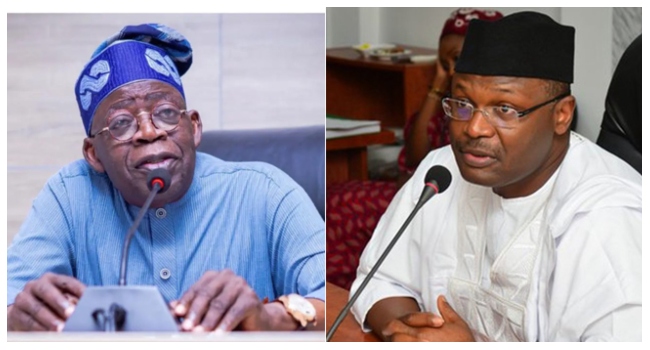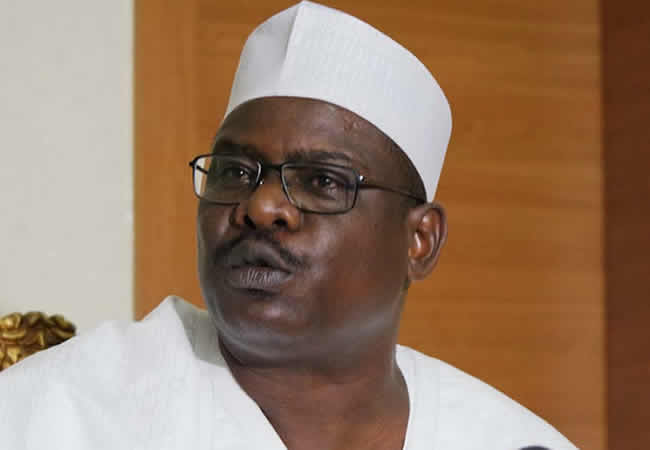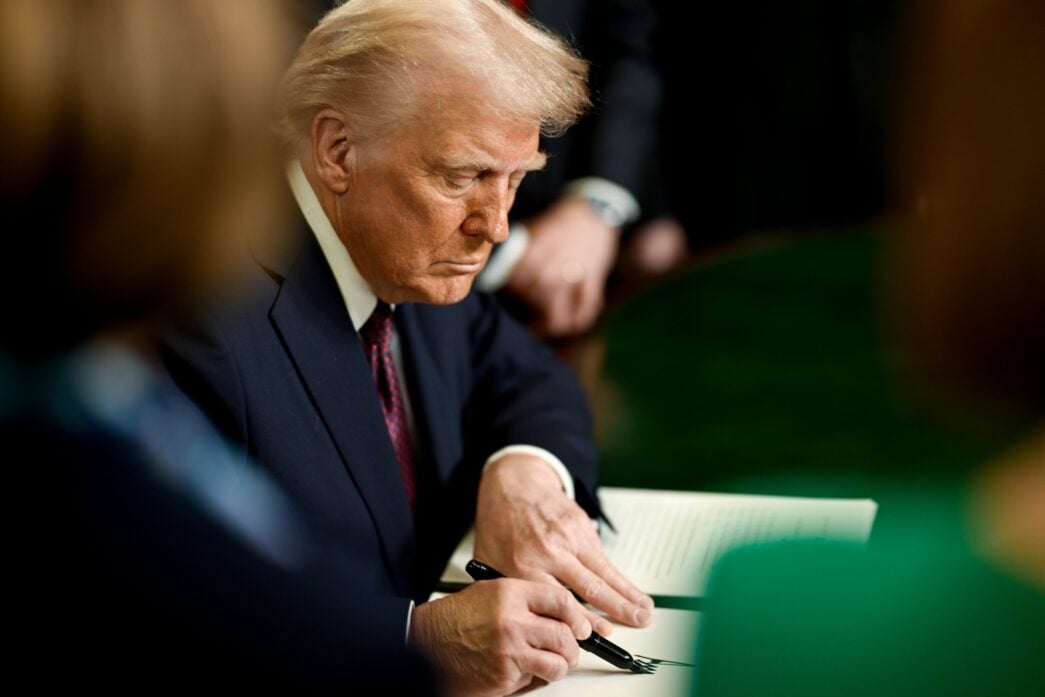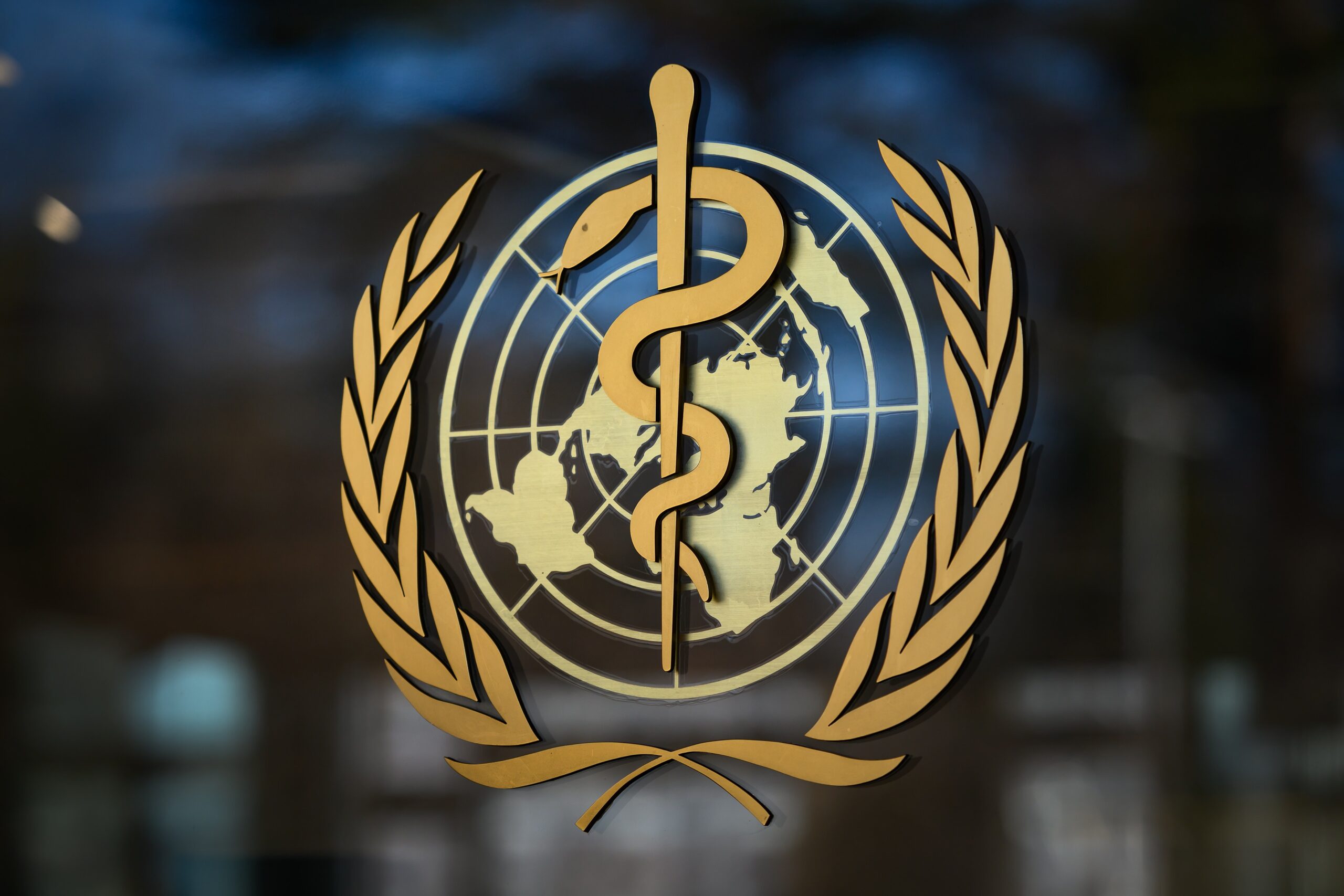The World Health Organization (WHO) has urged Nigeria to prioritise sustainable health financing as a means of strengthening its healthcare system and protecting citizens from financial hardship.
WHO Regional Director, Mohamed Janabi, made the call on Thursday in Abuja during the National Health Financing Dialogue themed “Reimagining the Future of Health Financing in Nigeria.”
Janabi noted that sustainable financing is central to building resilient health systems, stressing that increased investment would cut down on out-of-pocket spending, safeguard households, and enhance pooling and prepayment structures. He also emphasised that policy decisions should be guided by evidence, including cost-effectiveness and equity analyses, to ensure resources are allocated fairly and efficiently.
Commending Nigeria’s recent health sector reforms, he described them as both “timely and commendable.” According to him, the Basic Healthcare Provision Fund, the National Health Insurance Authority Act, and the expansion of state-level insurance schemes represent important progress.
“With over 223 million people, the way Nigeria funds healthcare is crucial not just for the well-being of its citizens but also for the continent’s future,” Janabi stated.
He further highlighted innovations such as equity and investment units and legislative engagement through the Network for Universal Health Coverage (UHC), noting that these models could serve as inspiration for other African nations.












